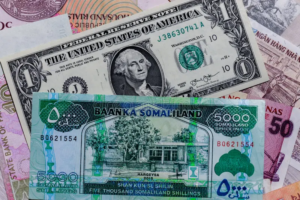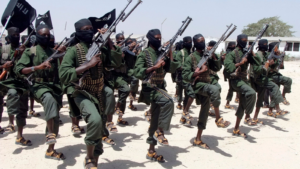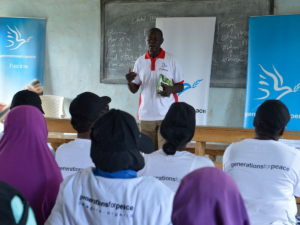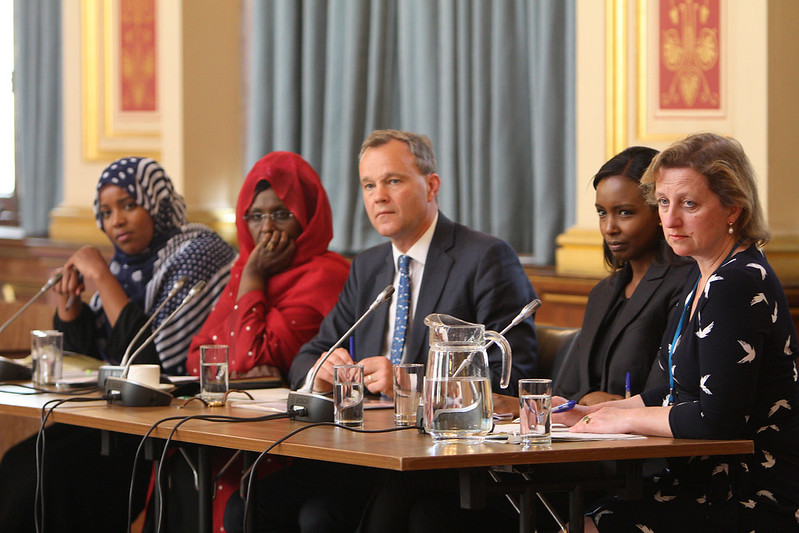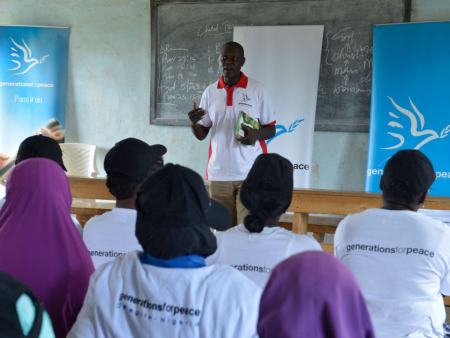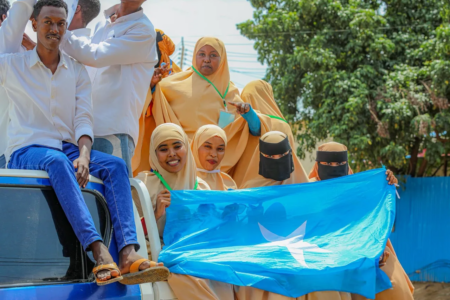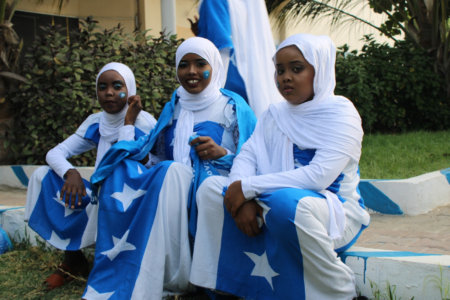For more than three decades, Somalia has battled conflict, hunger, and instability.
But despite years of violence, Somalia’s resilience has never waned.
Somali Women at the Heart of Transformation
Amid continuing hardship, Somali women have emerged as powerful agents of change, driving efforts in entrepreneurship, education, politics, and peacebuilding.
Showing that the nation’s revival is not only a government project—it’s a collective movement rooted in community strength.
As per the United Nations, more than 4.4 million Somalis may face acute food insecurity through the end of 2025, and nearly 1.85 million children risk malnutrition.
Yet even with limited international support, women across Somalia are leading initiatives that foster resilience, self-reliance, and social healing.

Building the Somali Economy
Economic empowerment is a cornerstone of Somalia’s recovery.
Recognizing this, the government launched the Gargaara MSME Financing Facility in 2019 to support small and medium-sized enterprises.
Backed by the World Bank, the program has distributed over $23 million in loans, with half going to women-led businesses.
Although female entrepreneurs often receive smaller loans than men, their presence in the market is steadily growing.
Opportunities Mean More Than Income for Somali Women
Gargaara initiative continues to expand partnerships with Somali banks and microfinance institutions to ensure that Somali women have fair access to capital.
For many, these opportunities mean more than income, they represent dignity, independence, and a stake in the country’s future.
Political Inclusion and Leadership
In politics, Somali women are increasingly visible in shaping governance and peace.
During March 2025 iftar dinner, President Hassan Sheikh Mohamud urged women to take active roles in political and security institutions, acknowledging their contributions to supporting troops and healing war-torn communities.
At the local level, initiatives like those led by Finn Church Aid (FCA) Somalia are helping women gain leadership and negotiation skills.
In Hirshabelle State, women now hold around 23% of district council seats, and programs such as “peace mothers” bring together female leaders, elders, and officials to discuss inclusive governance and conflict resolution.
What Does Education Mean for the Somali Women?
For Somali women, education remains both a challenge and a lifeline.
As Professor Abdi Ismail Samatar of the University of Minnesota notes, colonial and patriarchal structures long denied Somali girls equal access to schools.
However, modern literacy and scholarship programs are changing that narrative.
In Kismayo, educator Amina Abdi Ali has helped over 450 women acquire basic reading, writing, and math skills.
Education Programs for Women in Somalia
Nationally, Somalia Girls’ Education Programme, led by UNGEI and CARE Somalia, is breaking barriers for rural girls.
Rajo Kaaba program recently awarded scholarships to more than 2,000 students, empowering the next generation of Somali teachers and nurses.
Women as Peacemakers
Decades of conflict have left deep scars, but Somali women are now central to efforts for peace and reconciliation.
The Joint Programme on Women, Peace, and Protection (WPP)—launched in 2022 by UNDP, UN Women, and other partners has made significant strides in supporting victims of violence and advancing women’s roles in peace processes.
The WPP’s key achievements include establishing a Local Action Plan for peace endorsed by Somalia’s presidency, creating a Peace Working Group that unites community leaders.
Besides launching a One Stop Center to aid survivors of sexual violence.
The Future Depends on Resilience
Somalia’s road to peace remains long and challenging. Yet, as Professor Samatar observed, “For the last 35 years, women have been the glue holding Somali society together.”
Their leadership in rebuilding families, running businesses, promoting education, and championing peace demonstrates that real change in Somalia starts from the grassroots.
Women are not merely participants in Somalia’s recovery.
They are its driving force, proving that even after decades of war, a nation can rise again through unity, courage, and hope.
